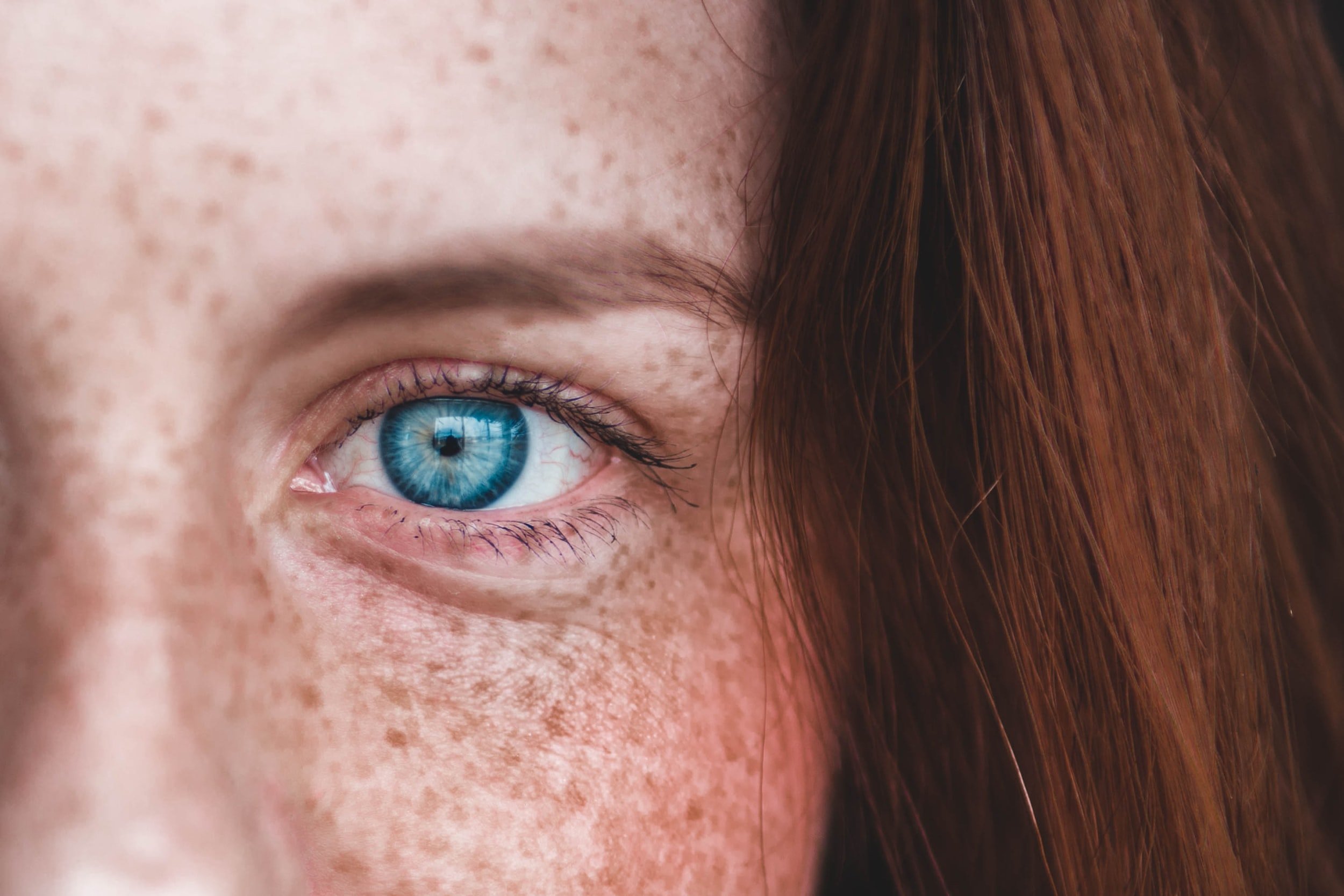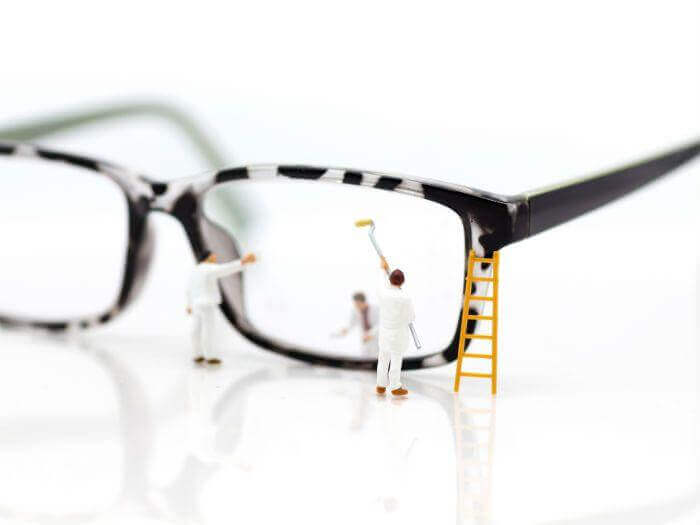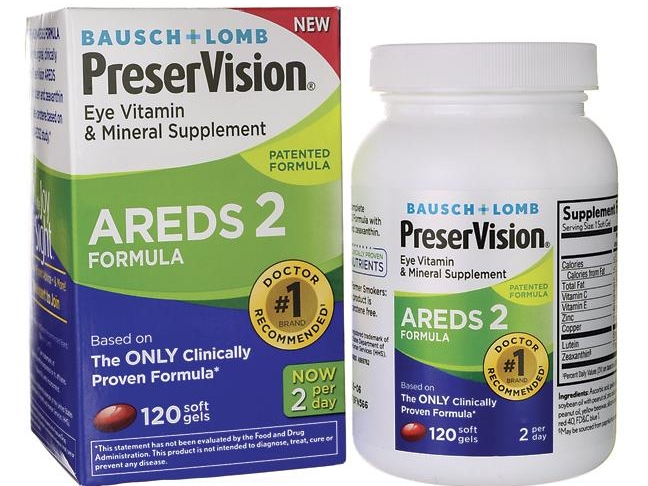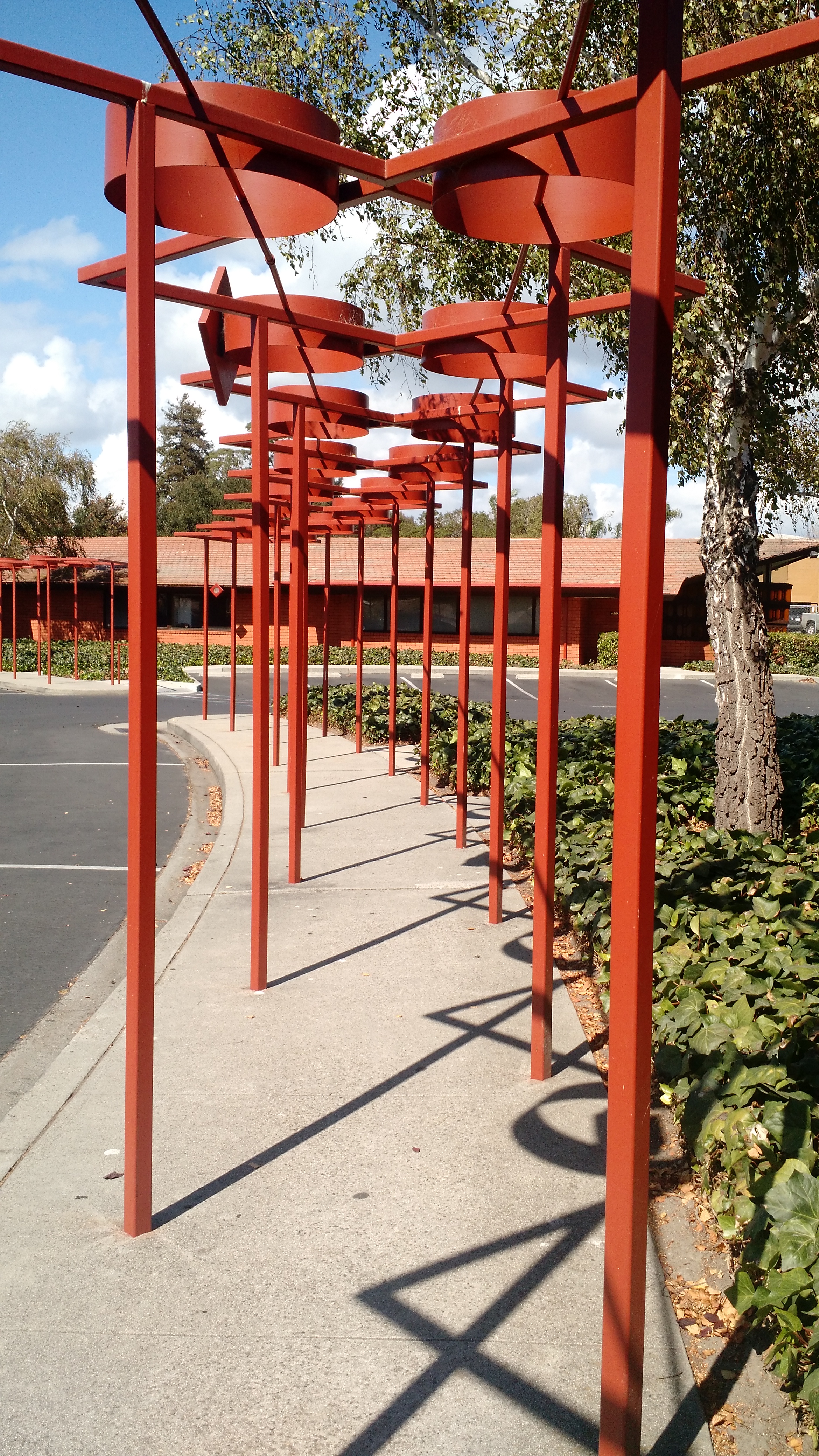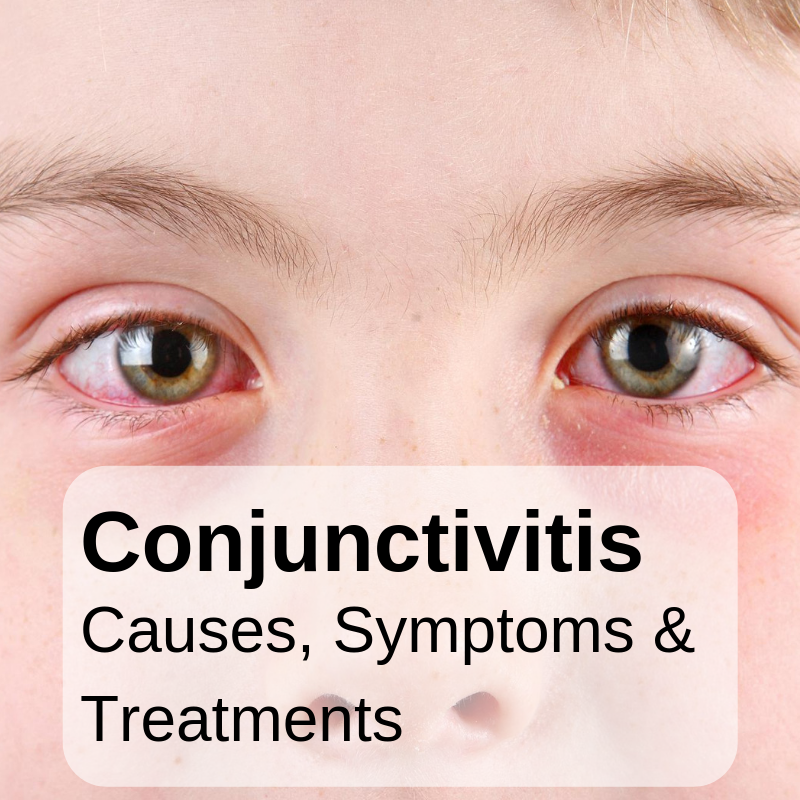Myopia Control
Understanding Myopia and How We Can Help Control It
Myopia, also known as nearsightedness, is a refractive error in which the eye grows too long, causing distant objects to appear blurry while close-up objects remain clear. This condition isn’t just about blurry vision—it’s a disease that, if left unmanaged, can lead to serious complications later in life.
As myopia progresses, it increases the risk of more severe eye conditions such as glaucoma, retinal detachment, and myopic maculopathy. These conditions can cause permanent vision loss and are more common in individuals with high levels of myopia. The risk of these eye diseases increases exponentially as myopia worsens, making it critical to take early steps to manage it.
Myopia Control: A Preventative Approach
While myopia can’t be fully reversed, recent studies show that its progression can be significantly slowed down. In fact, proper treatment can reduce myopia progression by over 50%, which in turn greatly reduces the risk of developing the serious eye conditions mentioned earlier.
At Midtown Optometry, we offer an effective treatments to control myopia progression, low-dose atropine drops. Atropine, when used in low doses, has been proven to slow down the elongation of the eye, effectively reducing myopia progression.
At our office, we evaluate each child's needs and recommend the most appropriate treatment. We may combine both options for some children, depending on their individual situation and progression.
Why Treat Myopia?
Each extra 1 Diopter of myopia is associated with increases in risk of:
Myopic maculopathy: +58%
Open-angle glaucoma: +20%
Posterior subcapsular cataract: +21%
Retinal detachment: +30%
Bullimore et al. (2021): Risks & Benefits of Myopia Control
Monitoring Myopia
To track myopia progression, it’s crucial to monitor the axial length of the eye, which refers to the length of the eyeball from front to back. An increase in axial length often precedes changes in prescription, so keeping track of this growth can help us intervene early.
At Midtown Optometry, we use a Zeiss Optic Biometer to accurately measure the axial length of children's eyes. This advanced technology allows us to monitor growth with high precision, and we typically recommend measuring the axial length 2-3 times per year to keep a close eye on changes. If we notice the eye is growing too quickly, we can act swiftly, prescribing the appropriate treatment to slow down progression.
Long-Term Myopia Management
Myopia management is a long-term commitment, often continuing through the teenage years until the eye naturally stops elongating. Children with myopia will likely need to maintain their treatment plan during this time to ensure their eyes develop as healthily as possible, reducing their risk of developing serious eye conditions later in life.
At Midtown Optometry, we are dedicated to providing the best care for your child’s eye health. With regular monitoring and the right treatment, we can help slow the progression of myopia, ensuring that your child’s vision remains clear and their eyes stay healthy for years to come.
If you’re concerned about your child’s eye health or would like to learn more about myopia control, schedule an appointment with us today. Together, we can help protect their vision and prevent long-term complications.
Zeiss Optic biometer
How Do Atropine Drops Work?
Atropine is a medication that has been used in eye care for decades. In higher concentrations, it temporarily dilates the pupil and relaxes the eye’s focusing muscles. However, for myopia control, optometrists use very low concentrations, typically 0.05%, which have been shown to slow the growth of the eye without significant side effects.
Researchers believe that atropine helps regulate eye growth by affecting certain receptors in the retina, though the exact mechanism is still being studied.
Here are links to two randomly controlled experimental trials demonstrating the efficacy of Myopia Management using atropine.
There are many long-term ocular health implications of myopia.







